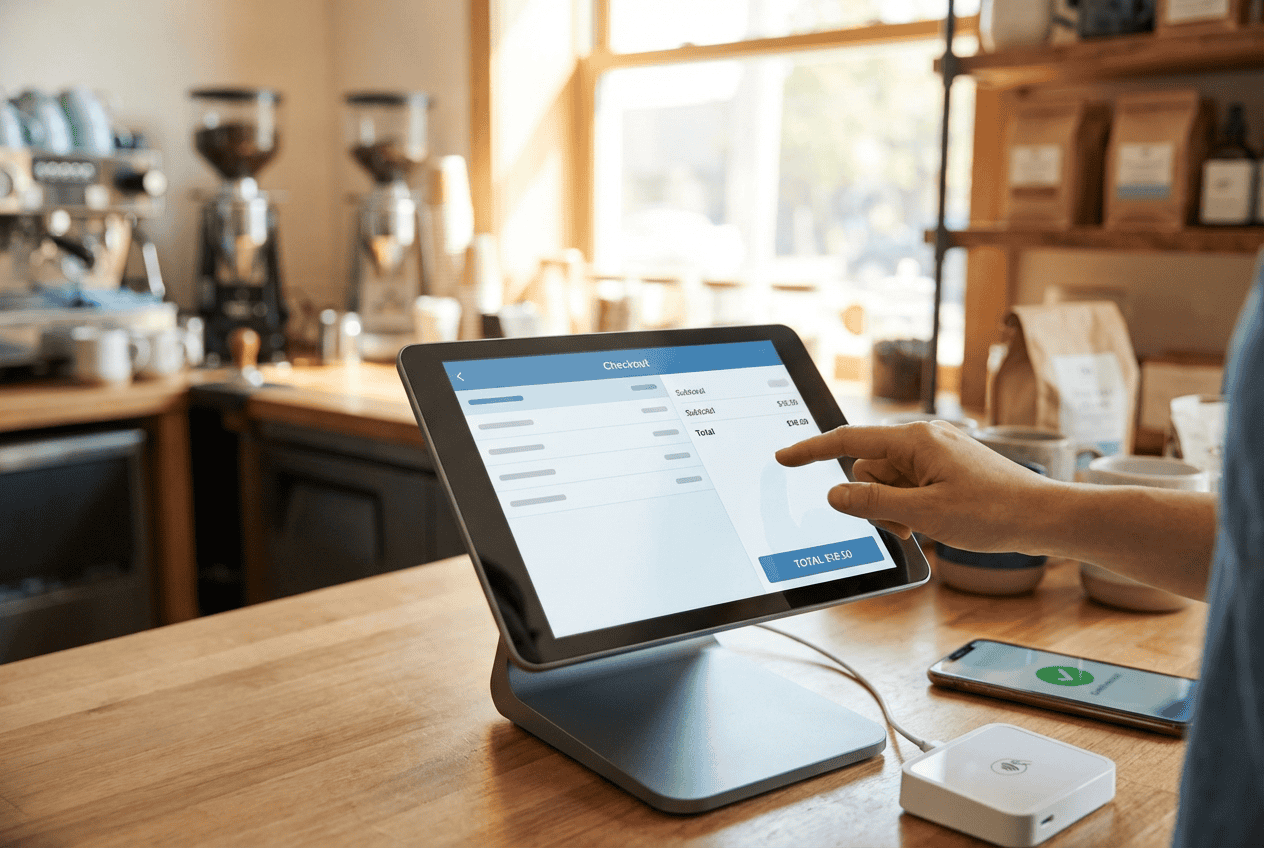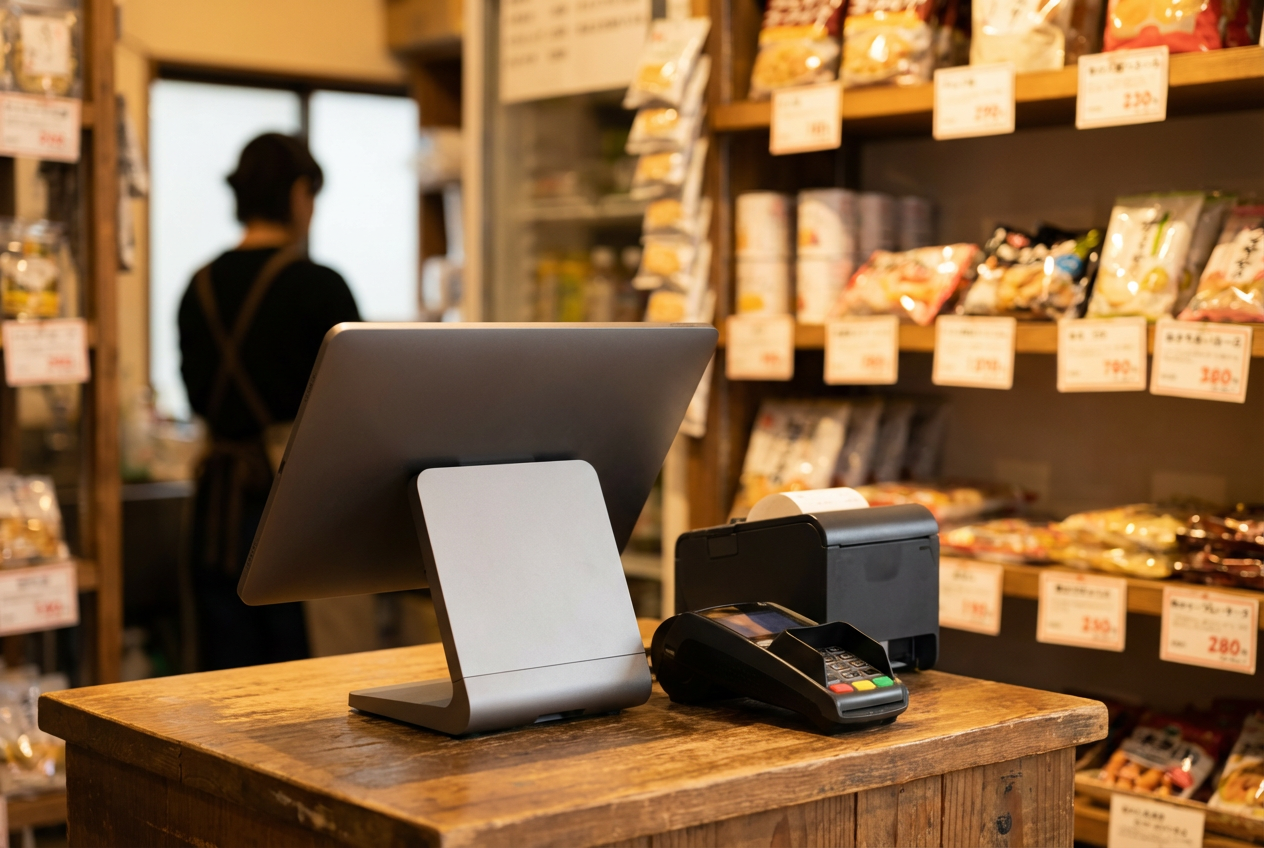South Africa’s retail and hospitality sectors are evolving rapidly, and Point of Sale (POS) systems are at the forefront of this digital transformation. As businesses across the country seek to improve operational efficiency, customer experience, and data-driven decision-making, the future of POS in South Africa looks both promising and disruptive.
In this article, we explore the current landscape of POS systems in South Africa, highlight emerging trends and technologies, and forecast where the industry is headed in the coming years.
Why POS Systems Are Critical in South Africa’s Business Environment
POS systems have evolved far beyond simple cash registers. Today, they offer a central platform for inventory management, sales analytics, customer engagement, and integrated payments. In South Africa—where SMEs account for over 98% of businesses, modern POS systems are crucial tools that can determine success or failure.
Key POS Functions for South African Businesses:
- Sales tracking in multiple currencies and tax brackets (e.g., VAT)
- Real-time inventory sync across online and offline channels
- Multi-payment support (cards, QR codes, mobile wallets like SnapScan or Zapper)
- Customer loyalty programs and CRM integration
- Cloud-based reporting is accessible from anywhere
Current Challenges with POS in South Africa
Despite growth, several challenges continue to affect POS adoption and optimization:
- Connectivity issues: In rural and underdeveloped areas, inconsistent internet affects cloud POS performance.
- Load shedding: Power outages hinder transactions unless backup power or offline POS features are in place.
- High upfront costs: Some SMEs still view POS systems as expensive or complex.
- Fragmented payment systems: The diversity of banks, fintechs, and wallet providers can complicate integration.
7 Trends Shaping the Future of POS in South Africa
Cloud-Based POS Dominance
More businesses are moving away from legacy on-premise systems toward cloud POS solutions. These platforms offer:
- Remote access to real-time reports
- Seamless updates and backups
- Better scalability for multi-location businesses
Cloud POS is particularly useful for growing retailers, pop-up stores, and food trucks, as it reduces the need for costly hardware or IT infrastructure.
Mobile and Tablet POS Adoption
Mobile POS (mPOS) devices are gaining popularity among South African retailers and service providers. Brands like Yoco, iKhokha, and YOUI are making it easier than ever to accept card payments through smartphones and tablets.
Benefits include:
- Portability and ease of setup
- Lower hardware costs
- Perfect for mobile vendors, events, salons, and food delivery
Omnichannel Integration
In response to changing shopping behavior, retailers are integrating POS systems with e-commerce POS platforms like Shopify, WooCommerce, and Magento. This allows for:
- Unified inventory management
- Cross-channel promotions
- Consistent customer experiences in-store and online
With rising online shopping adoption in South Africa, driven by platforms like Takealot and Superbalist, omnichannel POS is set to become standard.
►►► Optimal solution set for businesses: Multi store POS, Next-gen POS, Inventory Management Software (MSI), Self Service, Automation, Backorders

Contactless and Mobile Payments Growth
South Africa has seen a significant rise in contactless payments, with NFC cards and QR-code-based wallets like SnapScan, Zapper, and Apple Pay gaining traction. According to Mastercard, contactless transactions grew over 40% year-over-year in 2023.
Future POS systems will need to support:
- Mobile wallets and tap-to-pay features
- QR code payments
- Bank app integrations (like Capitec Pay, FNB Pay)
Self-Service Kiosks and Automation
Larger retailers and fast food chains in urban areas are experimenting with self-service kiosks. These kiosks:
- Reduce labor costs
- Speed up customer checkout
- Collect valuable purchase data
As costs decrease, we may see kiosks in mid-sized convenience stores and quick-service restaurants (QSRs), particularly in cities such as Johannesburg, Cape Town, and Durban.
AI-Driven Insights and Personalization
The future POS will be more than a transaction tool—it will become a decision-making assistant. With AI-powered dashboards and customer data analytics, South African retailers can:
- Predict best-selling products
- Identify peak shopping hours
- Personalize offers to returning customers
Platforms like Vend, ConnectPOS, and local POS providers are already implementing AI modules for more intelligent inventory forecasting and loyalty targeting.
Integration with Fintech & Lending Platforms
POS systems in South Africa are increasingly integrated with financial services. Yoco, for example, offers short-term financing based on POS transaction history. This trend allows small businesses to:
- Access working capital more easily
- Automate bookkeeping with tools like Xero or Sage
- Streamline tax compliance with built-in VAT calculations
Top POS Providers Leading Innovation in South Africa
1. Yoco
- Focus: mPOS for small businesses
- USP: No monthly fees, plug-and-play card machines
- Features: Sales tracking, customer directory, business funding
2. iKhokha
- Focus: Affordable card machines and app-based POS
- USP: Wide network, value bundles for merchants
- Features: Card acceptance, airtime & bill payments, small business loans
3. ConnectPOS
- Focus: Cloud POS for growing retailers
- USP: Advanced inventory and reporting
- Features: eCommerce sync, loyalty programs, multi-store management
4. Pilot POS
- Focus: Hospitality POS for restaurants and cafes
- USP: Popular with franchises
- Features: Menu management, table tracking, kitchen display systems
5. POSist
- Focus: Restaurant and QSR automation
- USP: Cloud-first with offline capabilities
- Features: CRM, ordering, delivery integrations
Future Outlook: POS in South Africa by 2030
Looking forward, the South African POS ecosystem will be more integrated, mobile, and data-driven. Here’s what the landscape might look like by 2030:
| Future Trend | Impact |
|---|---|
| AI-assisted POS systems | Predictive analytics, smart upselling |
| Blockchain-based receipts | Transparent, tamper-proof records |
| Voice and facial recognition | Faster, contactless checkouts |
| POS in townships & rural areas | mPOS + mobile banking penetration |
| Green POS hardware | Eco-friendly terminals, energy-saving modes |
While larger enterprises will lead innovation, the democratization of cloud and mobile point-of-sale (POS) systems will empower small and medium-sized enterprises (SMEs) across townships, markets, and emerging regions.
Government & Industry Support
The South African government and fintech ecosystem are actively promoting digital adoption among small businesses through:
- SEDA (Small Enterprise Development Agency) training initiatives
- DTIC (Department of Trade, Industry and Competition) grants
- Partnerships with POS startups for township entrepreneurship
As financial inclusion grows, more informal vendors are expected to adopt card payments and digital POS.
Final Thoughts
The future of POS in South Africa is full of potential. With rising smartphone penetration, fintech innovation, and demand for better customer experiences, POS systems are no longer optional—they’re essential.
Whether you’re a township spaza shop, a Cape Town café, or a national retail chain, choosing the right POS system will be key to growth in 2025 and beyond.
The best strategy? Adopt flexible, cloud-based solutions that can scale, integrate easily with eCommerce and mobile payments, and offer real-time insights for smarter business decisions.
One can totally put an expectation on the development of POS in South Africa because of these positive prospects. Contact us if you need a complete POS system for your business.
►►► Optimal solution set for businesses: Shopify POS, Magento POS, BigCommerce POS, WooCommerce POS, NetSuite POS, E-Commerce POS




